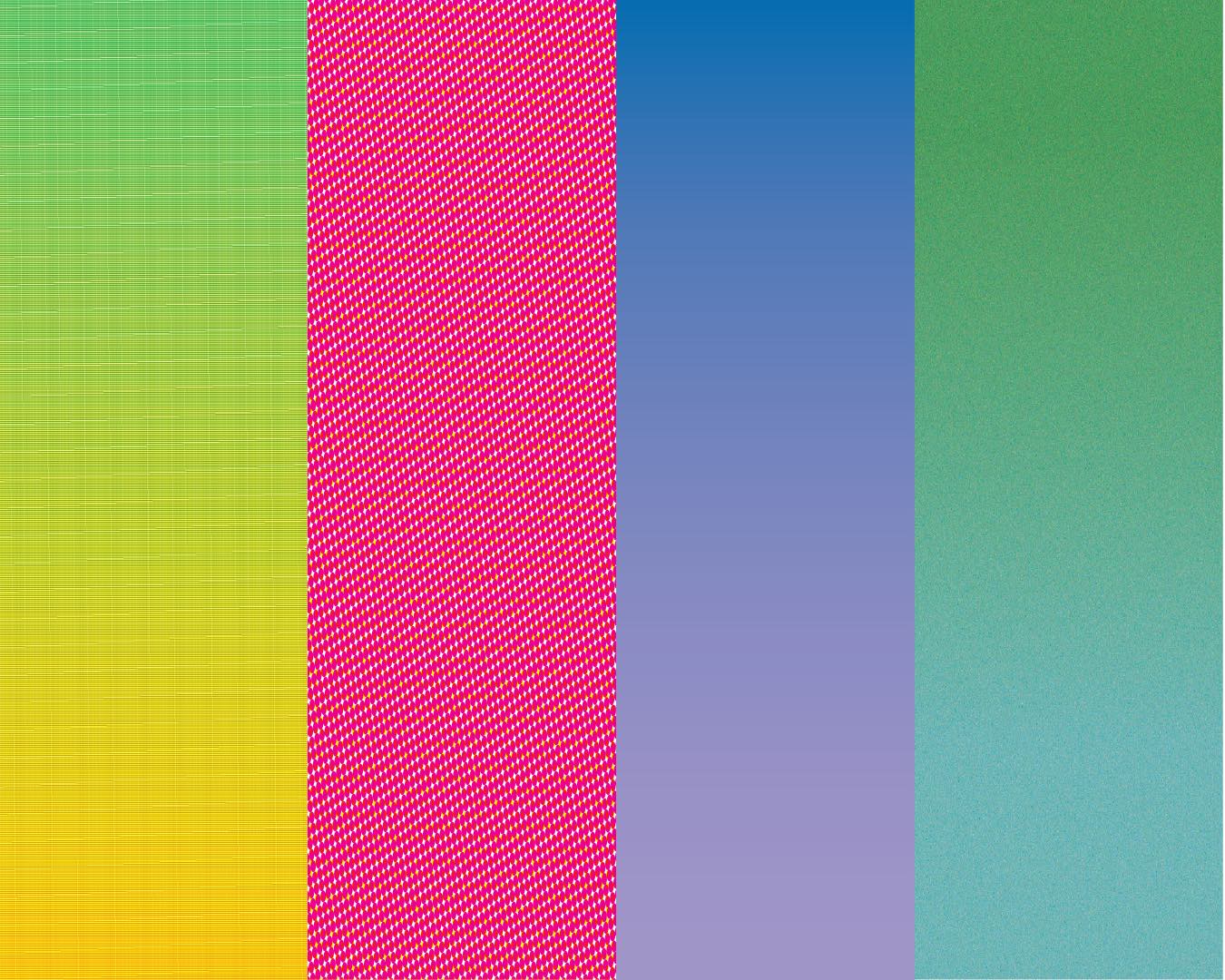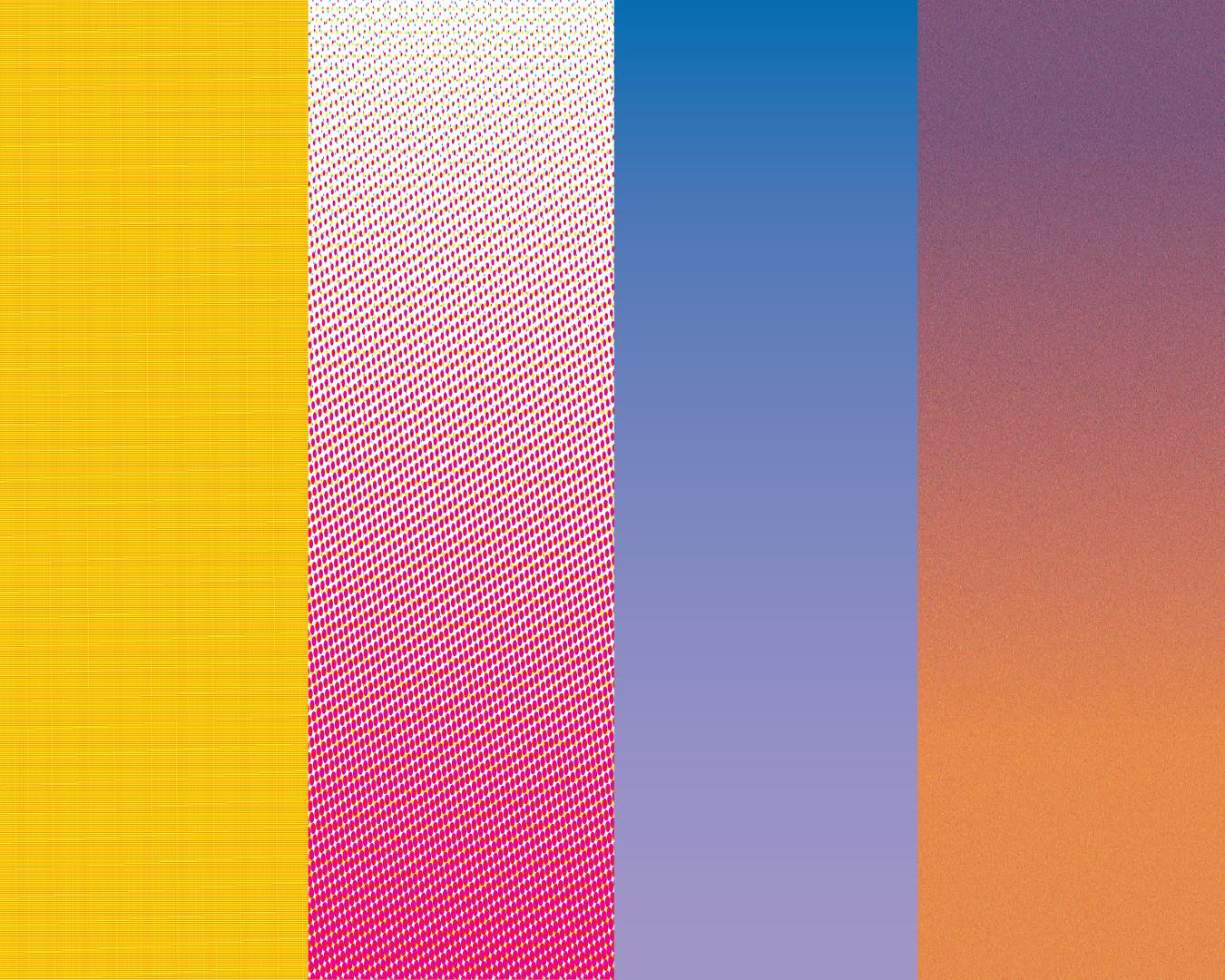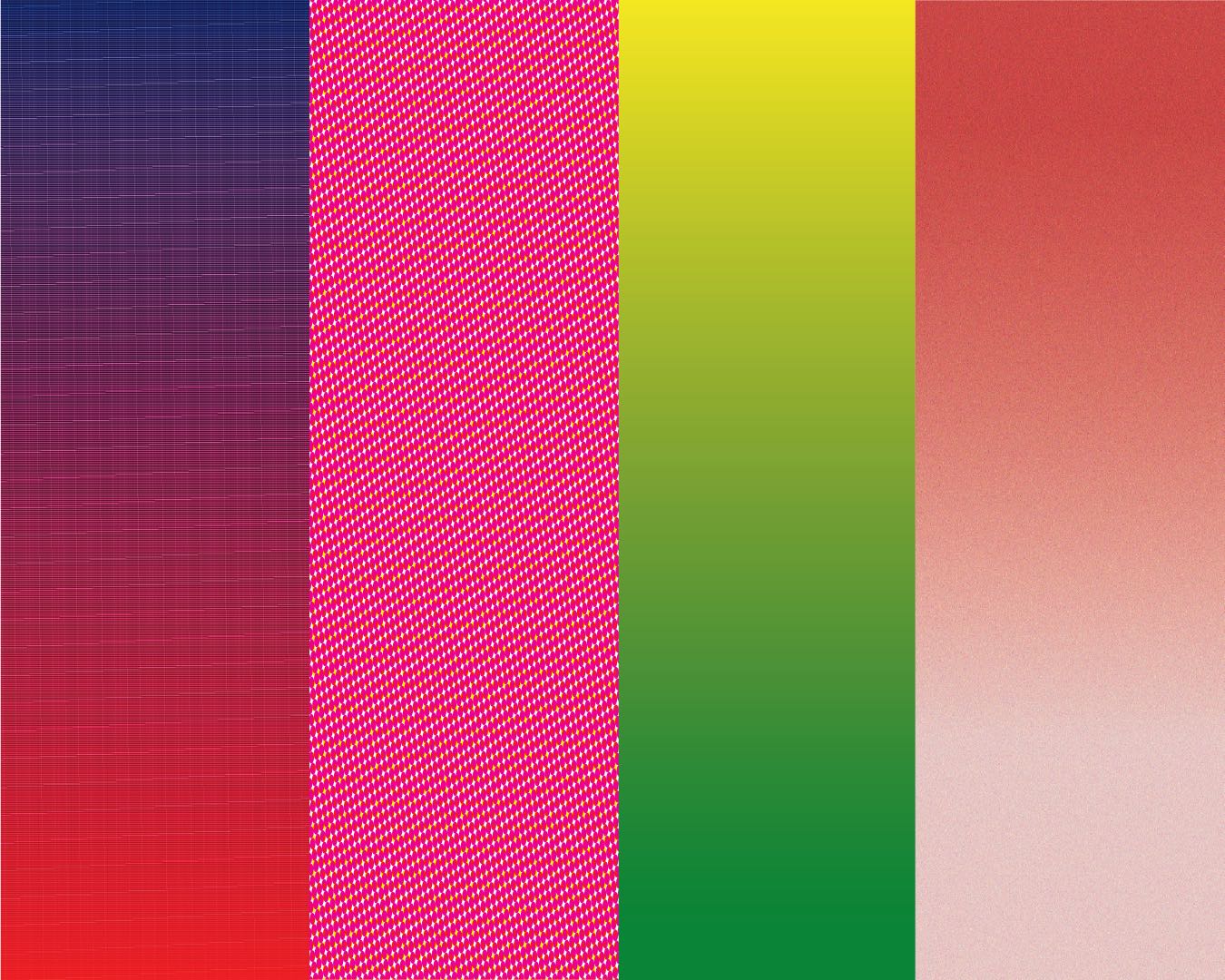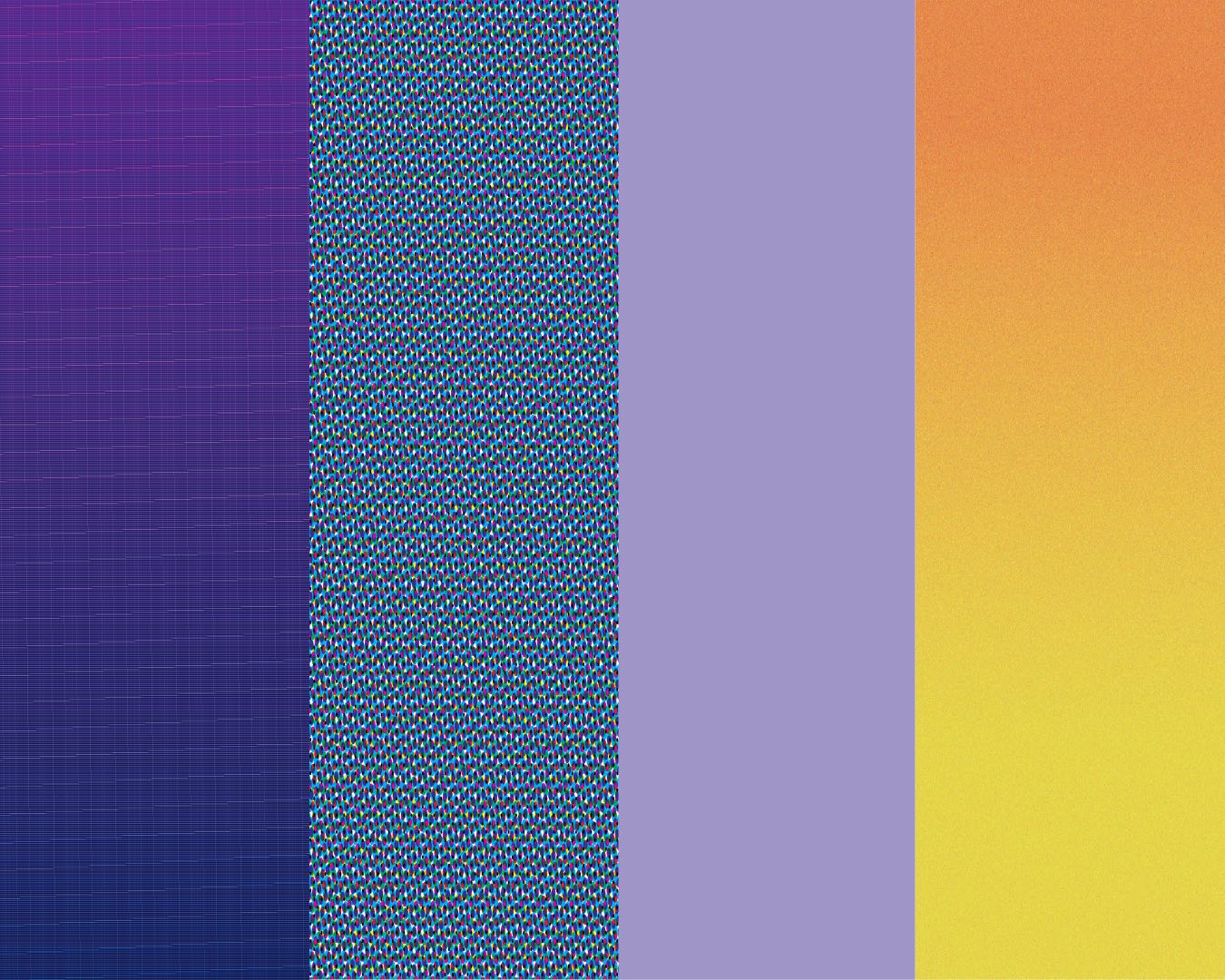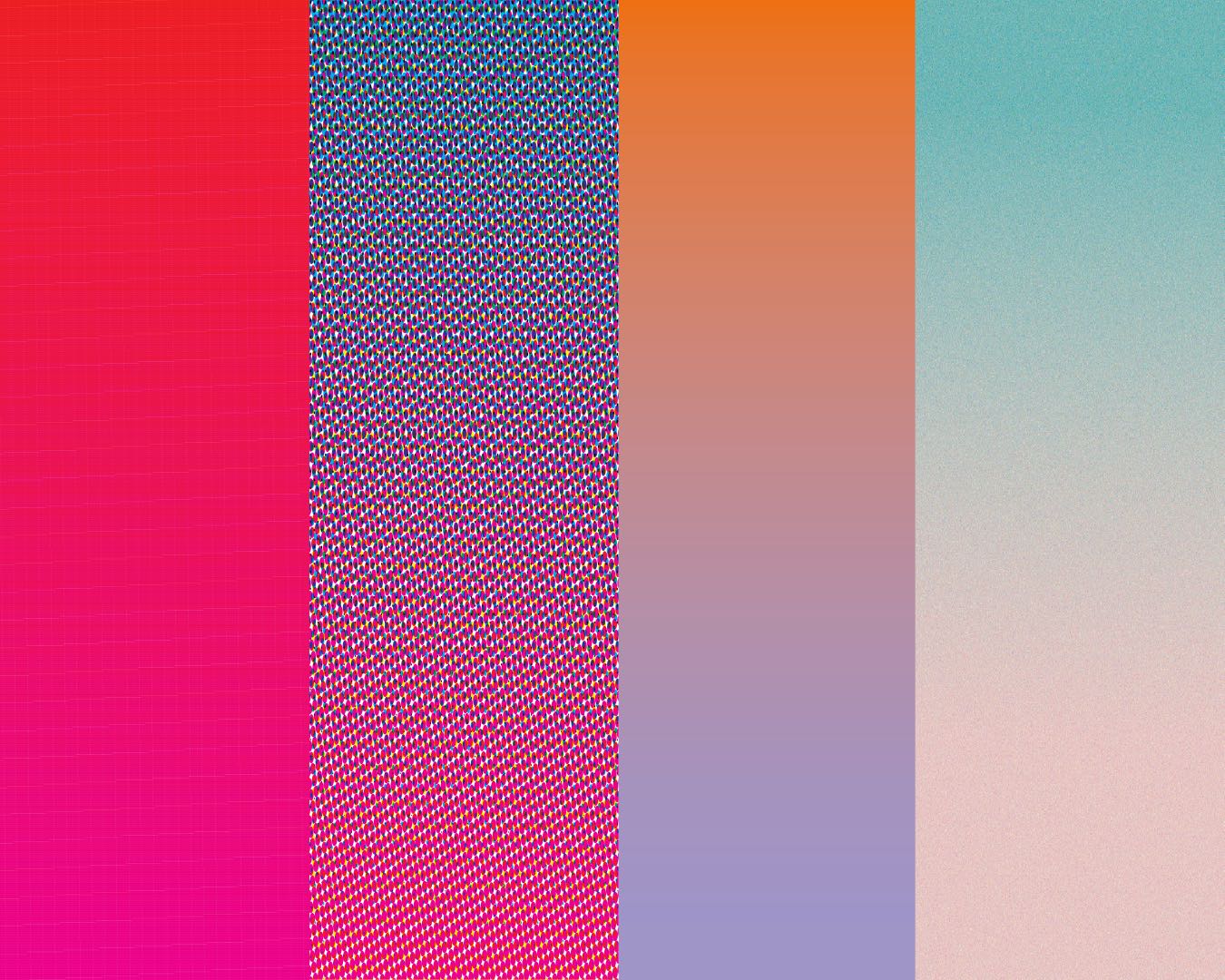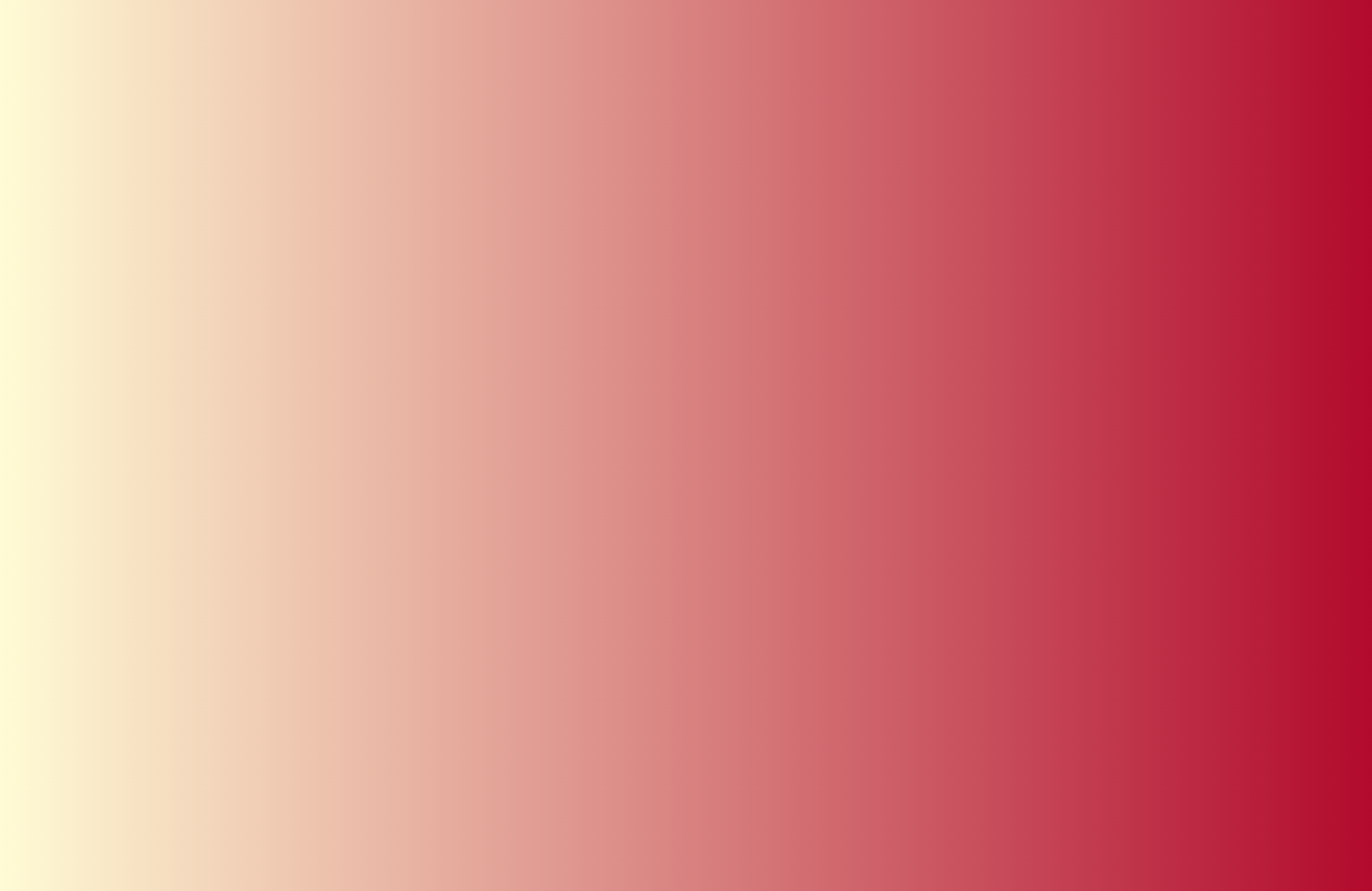
Why Self.I?
A WHO study revealed that up to 55% in developed countries and 85% in developing ones--are not getting the treatment they need (Anthes, Emily). With the rise of mobile applications and technology, many people who lack the means to seek treatment are looking at using their personal devices to seek the help they need in the form of Mood Tracking Apps.
Users of mood-tracking apps were primarily motivated by negative life events or shifts in their own mental health that prompted them to engage in tracking and improve their situation (Schueller et al).
Not only is a mood tracker helpful in our personal lives, but Mood self-tracking also turns out to be a promising approach for individuals and teams to improve work performance and collaboration at work by facilitating reflection on new insights (Rivera-Pelayo et al, 25).
What we learned from mood tracking:
Adinda
I am a happy individual in general, but like other human beings, I do have my bad days. However, I do not like talking about the downside of my life to other people (which is a toxic trait to have, hence I am working on it), therefore I find journaling and mood tracking very useful for me. By writing down how my day goes and how I feel, I understand myself better, especially now that I am not seeing any therapists.
Momo
I am generally quiet, introverted and calm most of the time. My mood swings are terrible though, but I tend to keep it to myself without assessing how and why I feel that way. Bottling up my emotions and experiences lead to unwanted, major slumps that come at the most unexpected moments.
Ashley
I am a very optimistic person, even have been repeatedly asked why I am always so positive by my friends. I am accustomed to processing bad feelings, whether through listening to music, painting, or eating. I am also a person who likes to plan and write down things, so I always take my notebook to record what happens every day, no matter how ordinary or extraordinary, because I like to enjoy looking back and seeing what I've been through.
Caryl
I am very much an introvert. I have been struggling with trying to express myself and my emotions since forever. I am the sort who keeps stuff to myself so this was an interesting project since I am given a platform to record my feelings however way I want but also not feeling like I have to bare it all.
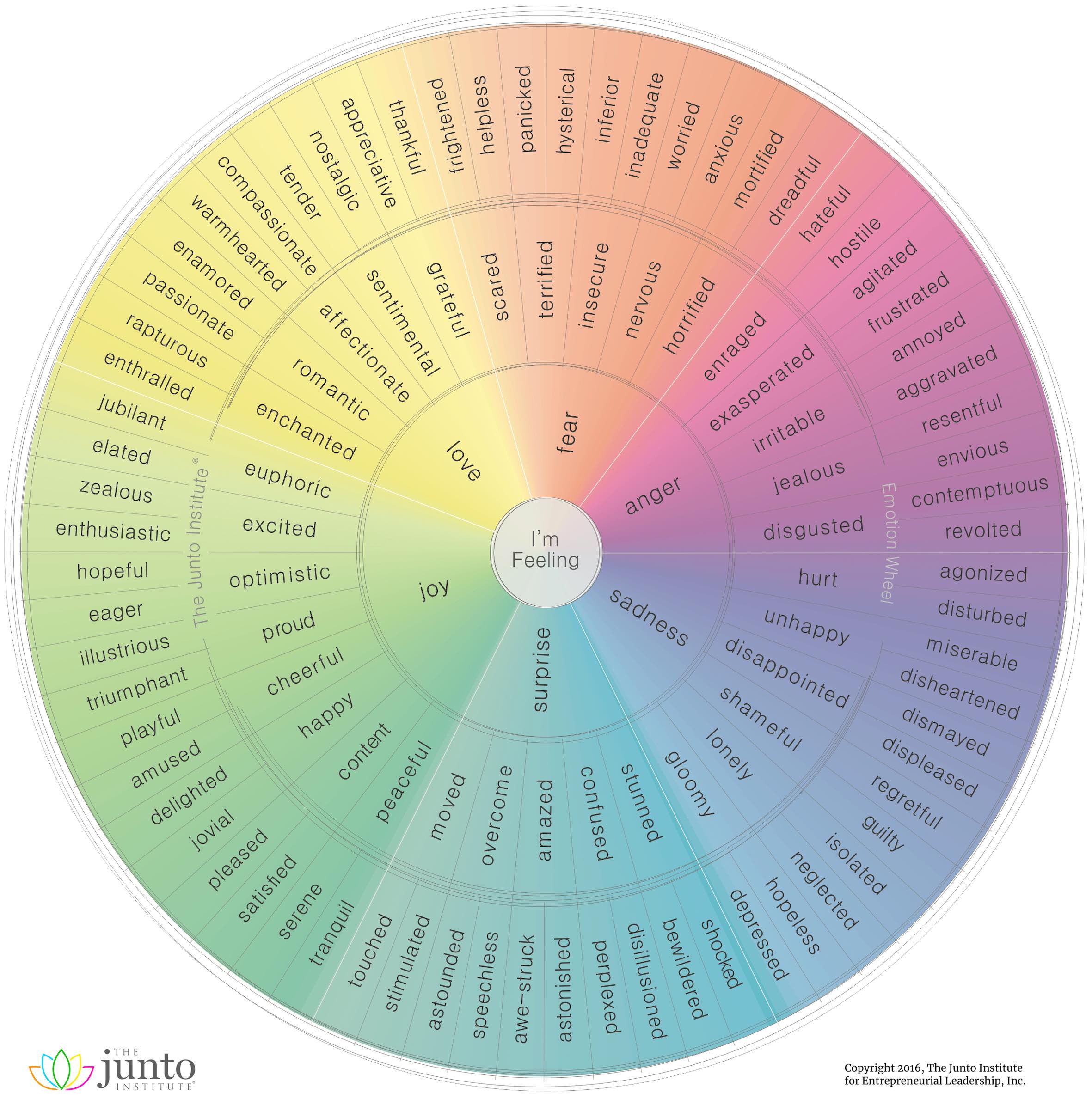
This was the colour wheel that we derived most of our colour to emotion correlation from. While our colour choices were loosely based off of this image, this gave us a rough idea of what emotion is associated with which colour. This circular visualization is the latest in an ongoing attempt to neatly categorize the full range of emotions in a logical way (visual capitalist).
What we've learnt:
- It is very hard to express moods and feelings to something quantifiable.
- We deal with colours all the time in design but to create something so colour centric, it took a lot of brain cells.
- We had so many ideas but it was very hard to nail on one that was viable but at the same time substantial (At one time we wanted to play with lights).
- The fact that our project was so personal, it did not make sense to come up with numbers, (eg. throughout the 21 days, we felt joy 31% of the time…) it simply can’t be justified because we were all so different.
